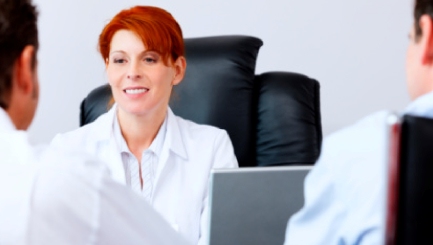
Although we are all aware of the risks of unprotected sex, it is still the case that many STDs go unnoticed and therefore untreated. However, the issue is far more serious than simply harbouring a disease – untreated STD’s such as chlamydia can lead to pelvic inflammatory disease, also known as PID, which can cause ectopic pregnancies and even infertility. There are medications to treat these diseases though, and chlamydia, gonorrhoea and syphilis can all be treated simply with antibiotics which you can get from your GP.
Before the treatment is necessary though, prevention is the main task in hand. Both abstinence and a good education of safe sex practices can help limit the risk of contracting STDs. These include wearing a condom every time you engage in sexual activity, limiting the number of sexual partners you have, communicating with your partner as to whether or not they have been tested or any diseases they may have that they are aware of, and avoiding sex with people who have, or have had, many sexual partners. By following these simple practices, you can reduce the risk of catching an STD.
Getting tested is quite simple and not as frightening a procedure as many think it might be. You will speak to a qualified health professional who will talk with you about your sexual history, before taking some swabs and samples to be sent to a lab for testing. You will receive your results within a few days – if they are positive, you will then need to speak to your doctor to arrange treatment and follow-up appointments.
